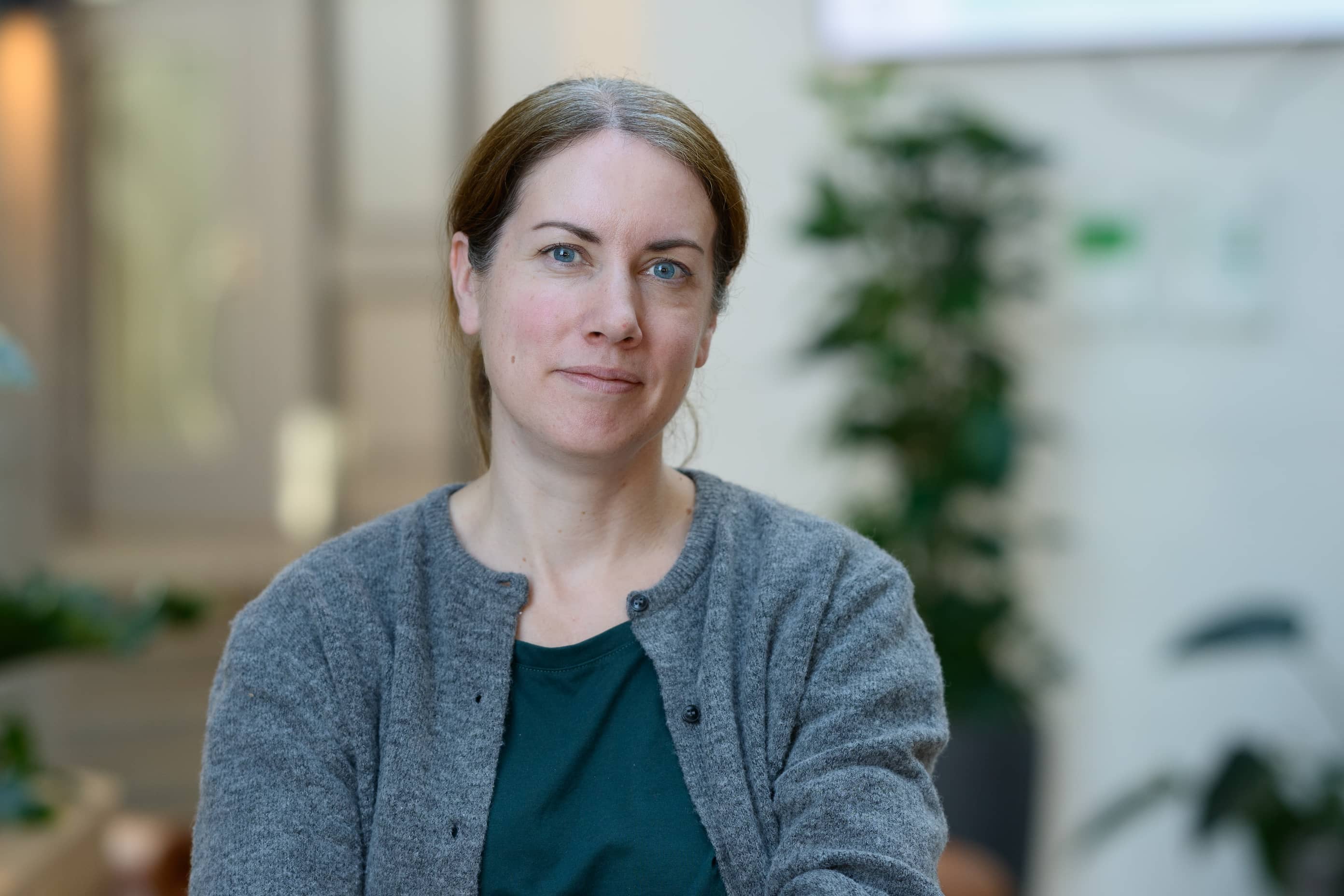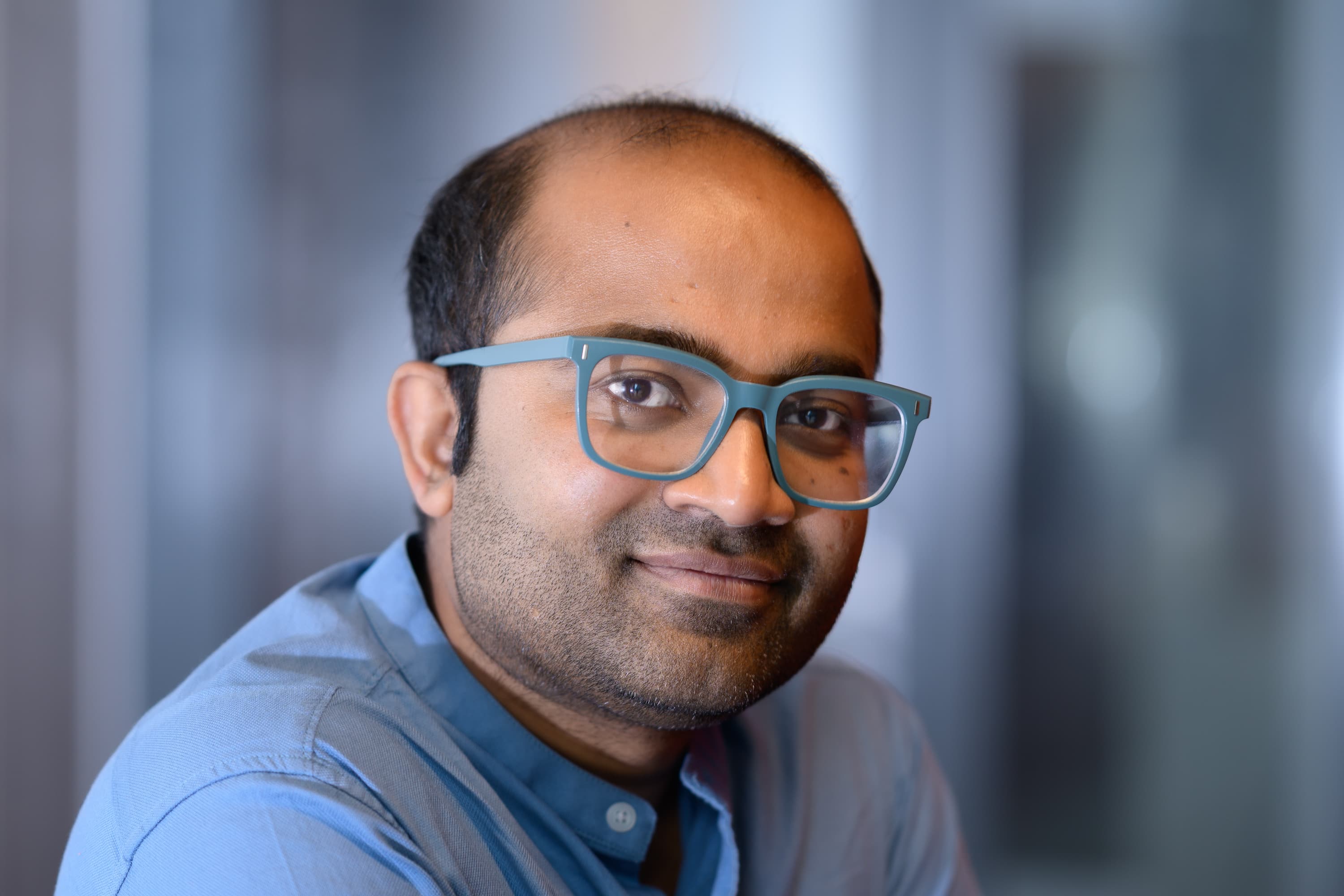DigiFrailCare
Better healthcare for frail elderly - Artificial Intelligence and next-generation patient records

Background
“DigiFrailCare” targets the digitization and use of digitized health data to improve health services for seniors who are at risk of or experiencing frailty. Frailty (frailty) is an age-related condition characterized by a cumulative decline across multiple physiological systems with increasing vulnerability to adverse health outcomes and death.
We aim to develop and trial a machine learning model that aims to detect factors that contribute to frailty at an early stage, and provide decision support for a multidisciplinary team of healthcare professionals. DigiFrailCare will employ a holistic approach and implement new knowledge about the interaction of risk factors for deterioration in health and function, including oral health and nutrition, general health and disease, function, polypharmacy and cognition. We will build multidimensional risk assessment and prediction models for frailty using health data from the HUNT studies and develop the multidisciplinary service together with Trondheim Municipality. We will synthesize the findings to make recommendations at local, national and international levels.
The project consists of three PhD projects from three different NTNU faculty, as well as a transversal postdoctoral project.
Oral Health and Nutrition in the Elderly
The project will investigate the oral health of the adult elderly (≥70 years) population in Norway. In addition to this, the project aims to explore whether oral health in this population group may be related to malnutrition, frailty and mortality. In order to investigate this, data from the HUNT 70+ (HUNT4) and HUNT AiT surveys will be used.
Using Artificial Intelligence to Understand Health Risks in the Elderly
The project aims to develop a method that, using various health data, can reveal early signs of frailty. Emphasis will be placed on the comprehensibility of the method so that it can be used as decision support for clinical practice. The project will utilize HUNT data, including data on self-reported health and function.
User Perspectives on Digital Technology in Interdisciplinary Collaboration in the Home Service
This project will explore the user perspective of digital technology among employees in the home service, and in particular the use of digital technology in interdisciplinary collaboration in services aimed at the elderly with frailty. The project is carried out with a qualitative approach, using methods such as interview and observational studies both by employees of the home service and by other actors in the health care system who cooperate with the home service. The theoretical perspective from the study of science, technology and society will be applied in the analysis of the data material.




















